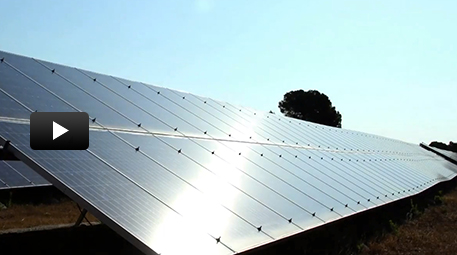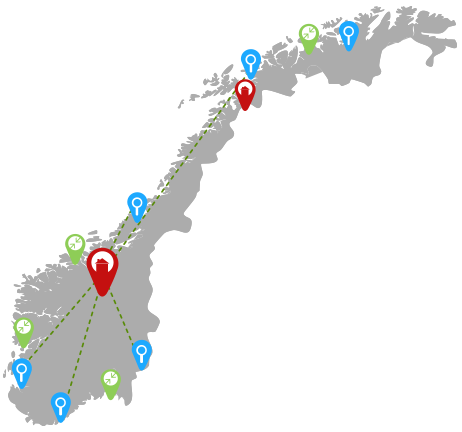Electric mobility is changing the traditional interaction between technology, market dynamics, production capacity, government policy, supply chains, manufacturing, and complex political economy. The electrification of transportation represents a unique opportunity to design a different future and reap both environmental and economic benefits. Energy is one of the pillars of the transition and needs to be prepared for its critical role in the new transportation ecosystem. Key energy-related challenges are related to the roles of energy actors, changes in the energy market, management of distributed energy resources, charging infrastructure, renewable energy sources and sustainable grid integration. These coincide with the evolution towards cleaner, more decentralized and digitalized energy systems and services, and increasing electrification.
This session presents the results of IRENA’s report “Innovation Outlook: Smart charging for electric vehicles” and looks into smart charging for electric vehicles as a key to unleash synergies between clean transport and sustainable energy systems.
Agenda
Chair | Mr. Ivan Jaques, Senior Energy Specialist, Energy & Extractives Global Practice, The World Bank
Speaker | Mr. Francisco Boshell, Analyst in Markets and Standards for Renewable Energy Technologies, International Renewable Energy Agency
Discussants | Ms. Silvia Martinez Romero, Senior Energy Specialist, Energy & Extractives Global Practice, The World Bank
Mr. Dominic Pasquale Patella, Senior Transport Specialist, Transport Global Practice, The World Bank
Speaker’s Bios
Mr. Francisco Boshell is an Analyst in Markets and Standards for Renewable Energy Technologies at the International Renewable Energy Agency (IRENA). He focuses primarily on providing policy advice and guidance to countries regarding technology innovation, quality control and standardization programs for successful deployment of renewables. Mr. Boshell analyze technology development strategies for a wider deployment of renewables in energy systems; and has co-authored reports on energy transition and technologies including offshore wind, advanced biofuels, electric vehicles and mini-grids. During his 15+ years professional career, Mr. Boshell has also: developed technical standards for quantifying GHG emission reductions from CDM projects and supported the climate change negotiations under UNFCCC; provided consultancy services for the development of renewable energy and energy efficiency projects at DNV GL, formerly KEMA Consulting; and designed and implemented infrastructure and energy related projects in the automotive manufacturing sector at General Motors. His background is in Mechanical Engineering and he holds a MSc. in Sustainable Energy Technology from the Eindhoven University of Technology, in the Netherlands.
JOIN US VIA WEBEX
Meeting Link | Meeting number: 736 526 767 | Meeting password: XrWpqA2U
24×7 support: Internal: 1-650-479-3207 | External: +1 202 458 4336
ABOUT US
The Energy Sector Management Assistance Program (ESMAP) is a global knowledge and technical assistance partnership administered by the World Bank and funded by Australia, Austria, Canada, Denmark, the European Commission, Finland, France, Germany, Iceland, Italy, Japan, Lithuania, Luxembourg, the Netherlands, Norway, the Rockefeller Foundation, Sweden, Switzerland, and the United Kingdom, as well as the World Bank. ESMAP’s mission is to assist clients–low and middle-income countries–to increase know-how and institutional capacity to achieve environmentally sustainable energy solutions for poverty reduction and economic growth. For more information, visit our website:www.esmap.org.
Del på facebookDel på linkedIn








